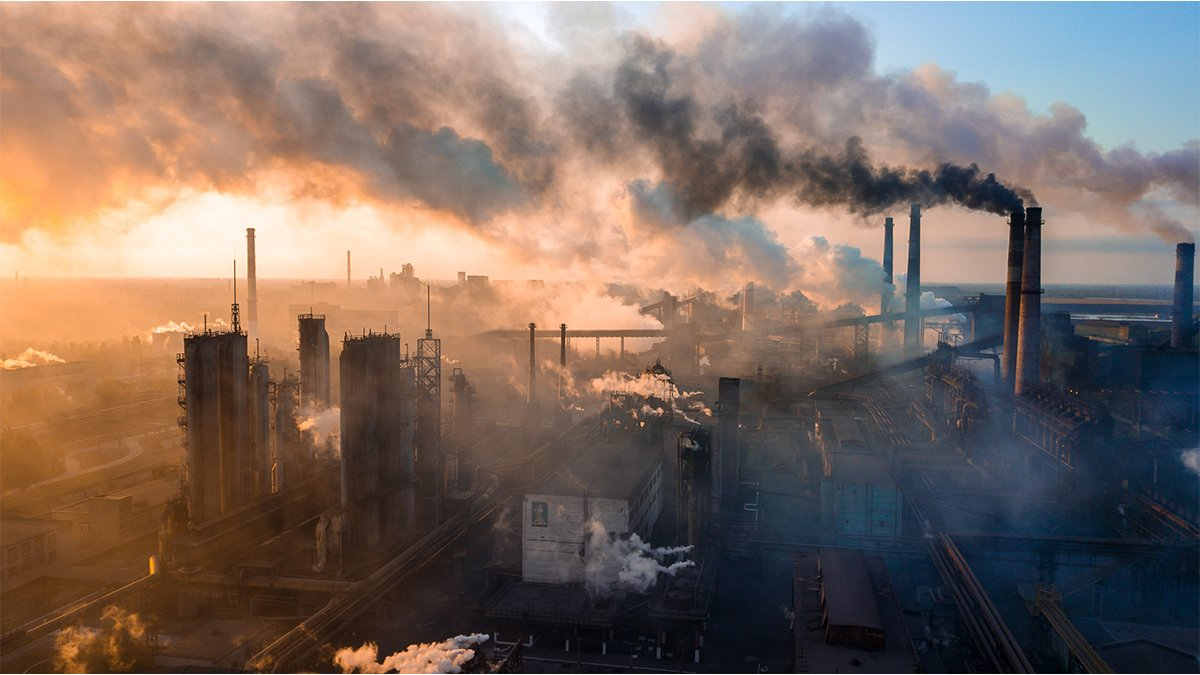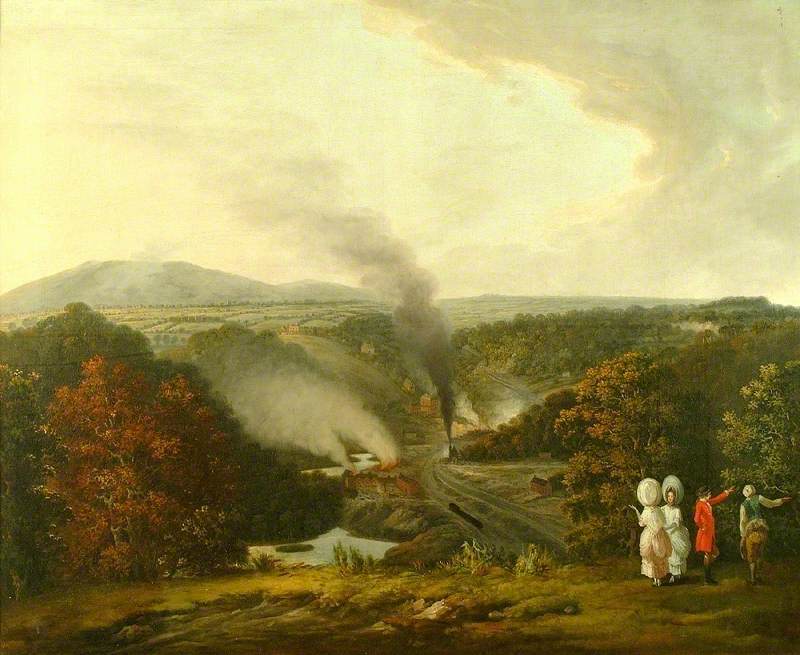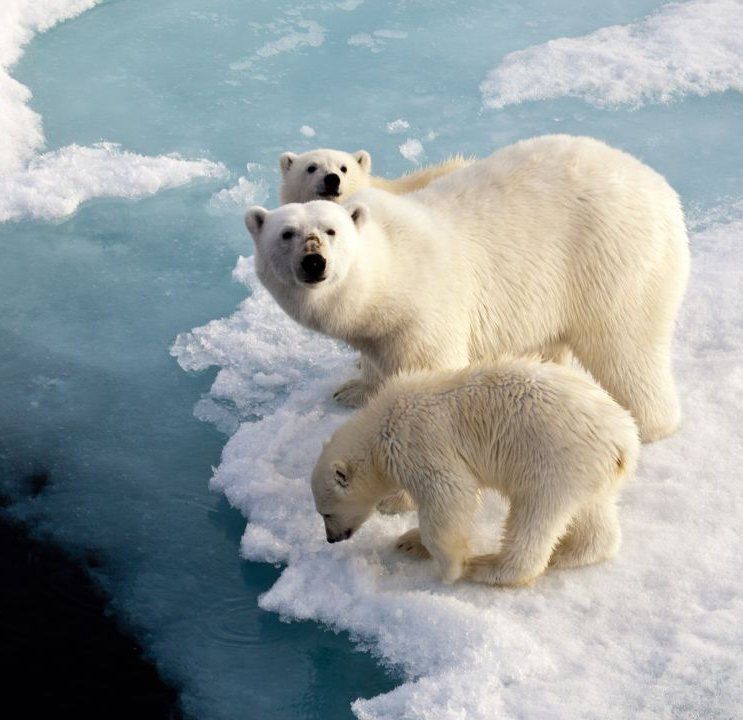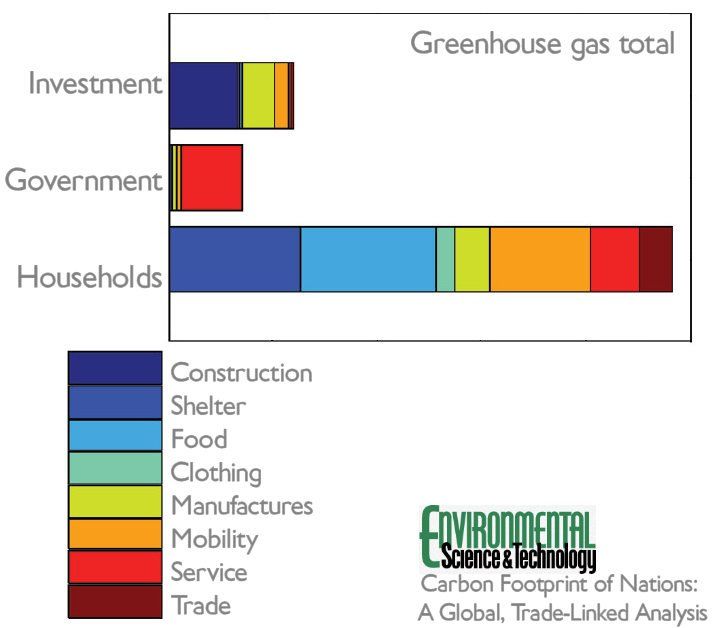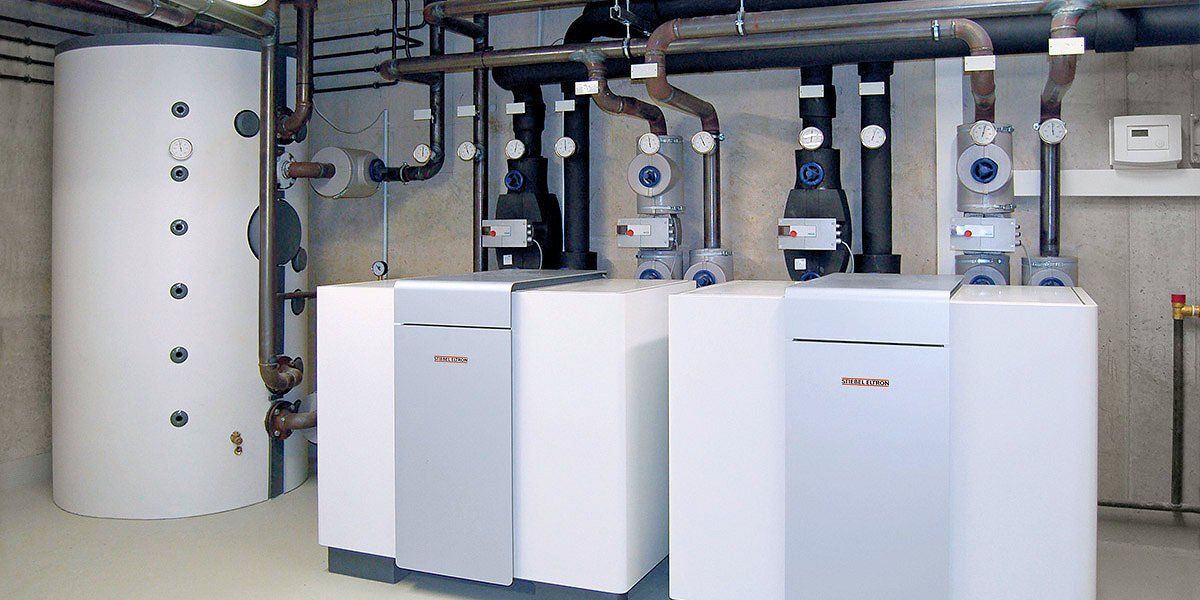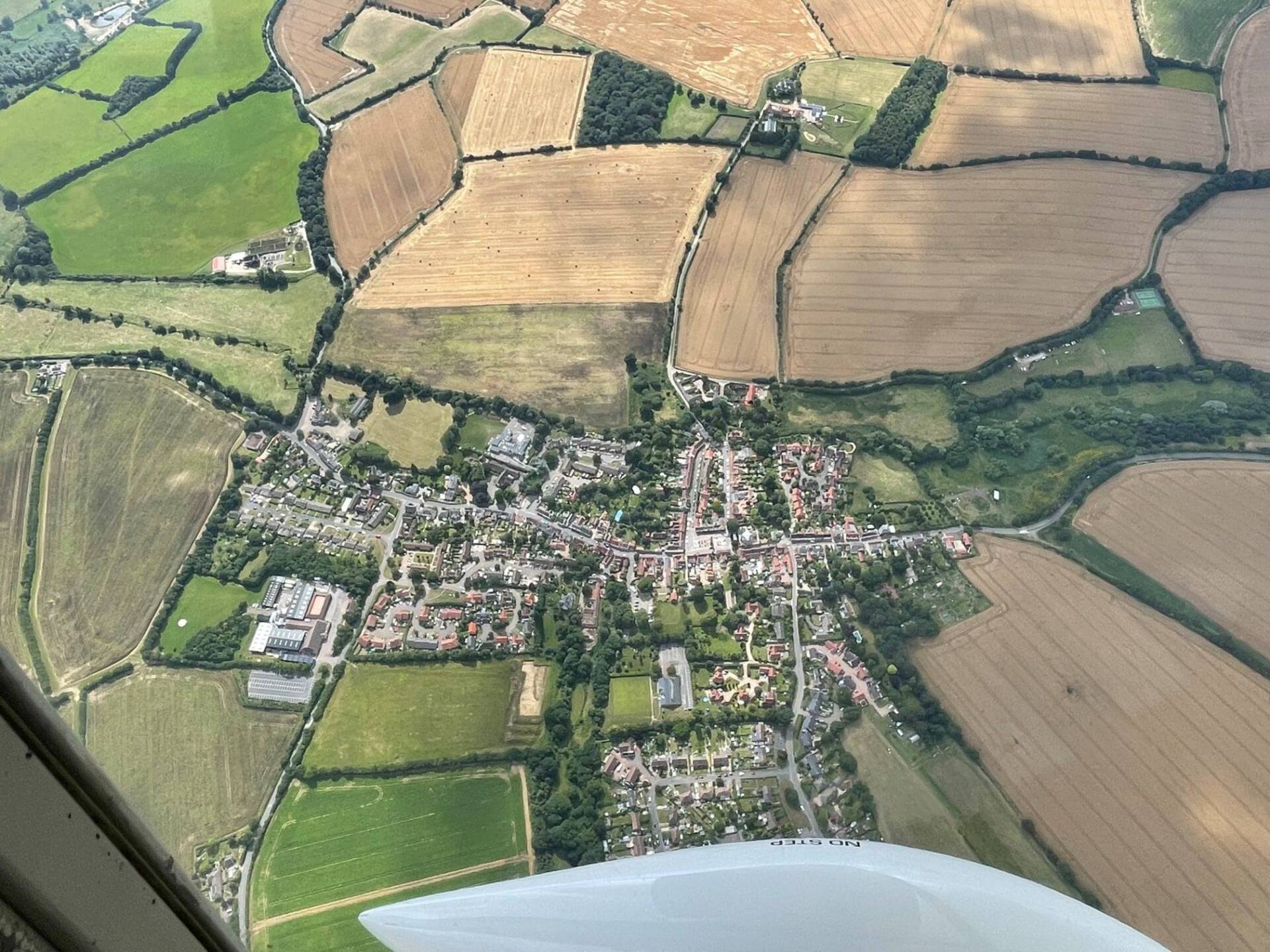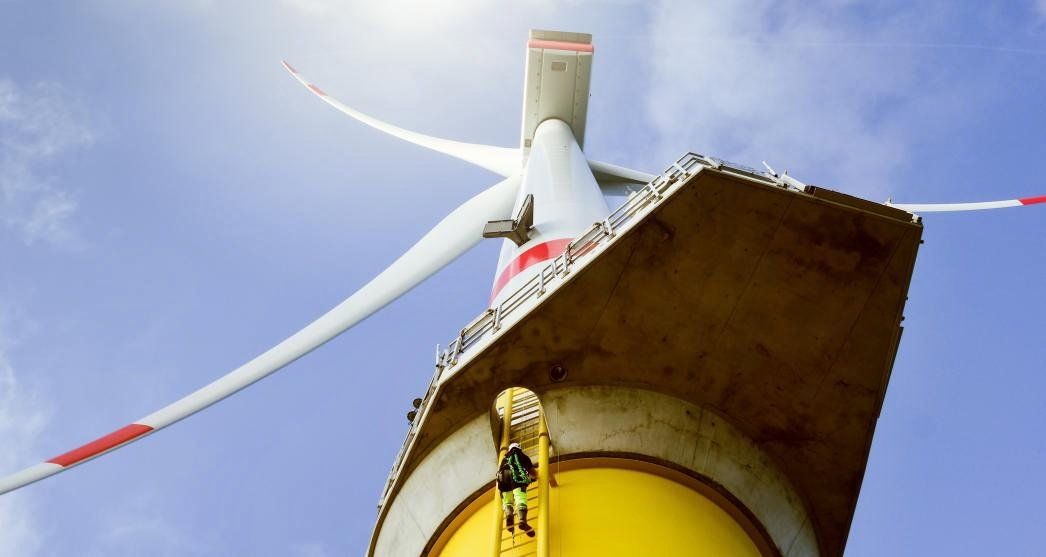Because, unfortunately, the climate is changing - summers are getting hotter, storms are getting more violent and wildlife is dying out. The change seems slow and the commentary is frighteningly apocalyptic.
Not something we want to happen and worrying for our children and theirs. It's also something that has never happened to human beings before, so it's hard to take in and harder still to know how to adjust.

